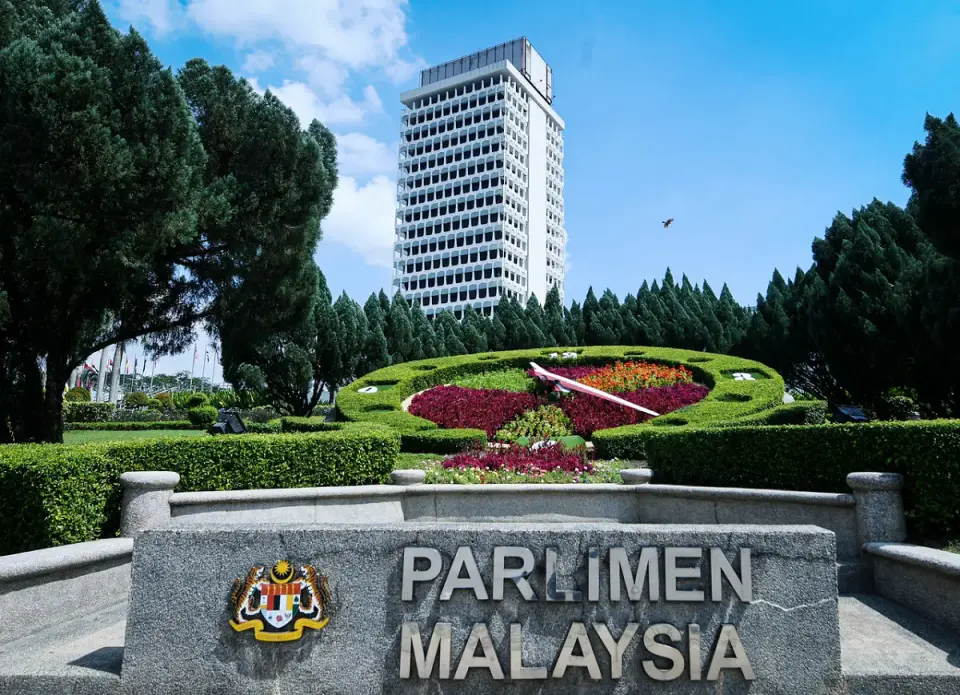By Danial Dzulkifly
KUALA LUMPUR, March 18 – The Unity Government has today tabled the proposed amendments to the Universities and University Colleges Act 1971 (Auku) for second reading in parliament, aimed at granting students greater autonomy in managing their association’s activities and finances.
Higher Education Minister Datuk Seri Dr Zambry Abdul Kadir stated that the proposed amendments represent the most progressive version of the Act, empowering students to assume greater responsibility in overseeing the activities and finances of their associations and unions.
In his speech, when tabling the bill, Zambry also acknowledged that there are still ideas and opinions that Auku should be abolished and replaced with a new Act.
“Not many understood the aspirations to continuously improve the Act that has been done through the amendments, especially regarding matters of student welfare.
“There have been seven amendments to the Act since its implementation, and four have been focused on student affairs and contemporary needs.
“Taking the example of the amendment in 2019, there has been positive progress, which gives students space to participate in political activities on and off-campus.
“The ministry has observed that these freedoms have driven students to ask for more space to manage their own student association activities and finances. So, in line with the vision concept of Madani and taking into account the challenges of the future, navigating Malaysia post-pandemic, the ministry opined that it is high time for students to bear bigger responsibilities by giving them the freedom to conduct their own student body activities and manage their own finances,” he said in parliament today.
The proposed amendments in the bill address several sections of the Auku.
Firstly, Section 15A aims to enable student representative councils and bodies to collect funds and receive contributions within existing regulations, while individual students remain restricted from fundraising unless acting on behalf of these councils.
Secondly, Section 16B intends to transfer disciplinary authority from Vice-Chancellors to student disciplinary committees, aligning with current practices in public universities.
Thirdly, amendments to Section 48 (4) extend the term of office for student council members from one year to one academic year, with provisions for extension during extraordinary circumstances like the Covid-19 pandemic.
Finally, changes to Section 48 (11), allow student representative councils to establish and manage funds, including opening accounts with legitimate financial institutions, enhancing student empowerment while maintaining financial procedures set by universities.
However, Zambry said the implementation will be carried out in phases, starting with the student representative council first, and if there are no issues arising, and everything proceeds smoothly, the student bodies will also receive the same financial facilities.





